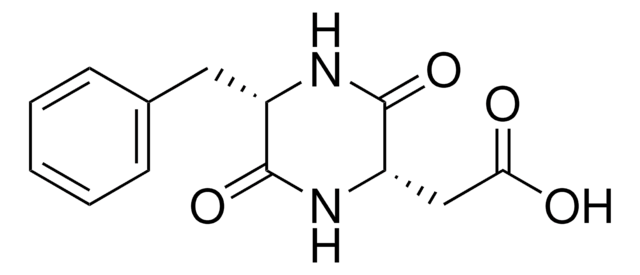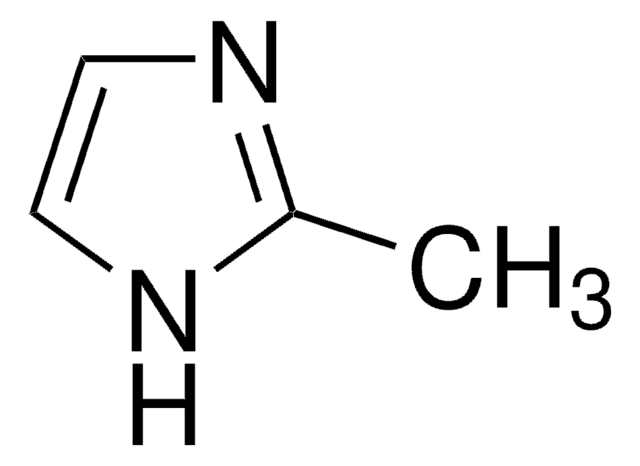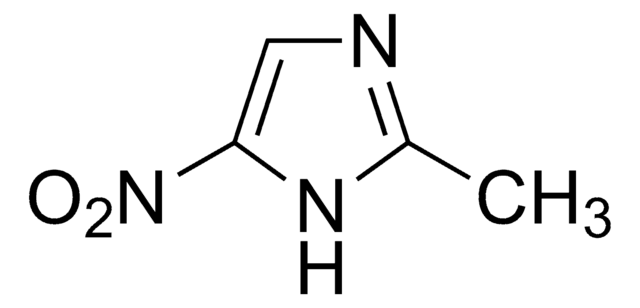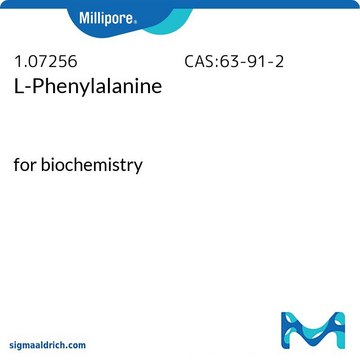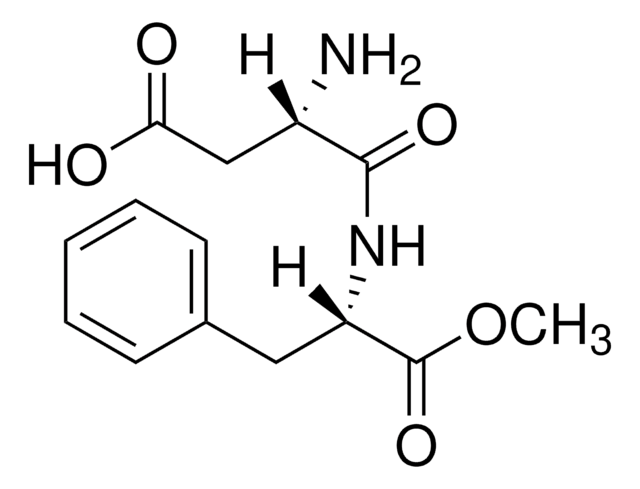1530503
USP
L-Phenylalanine
United States Pharmacopeia (USP) Reference Standard
Synonym(s):
(S)-2-Amino-3-phenylpropionic acid
About This Item
Recommended Products
grade
pharmaceutical primary standard
API family
phenylalanine
manufacturer/tradename
USP
mp
270-275 °C (dec.) (lit.)
application(s)
pharmaceutical (small molecule)
format
neat
storage temp.
2-8°C
SMILES string
N[C@@H](Cc1ccccc1)C(O)=O
InChI
1S/C9H11NO2/c10-8(9(11)12)6-7-4-2-1-3-5-7/h1-5,8H,6,10H2,(H,11,12)/t8-/m0/s1
InChI key
COLNVLDHVKWLRT-QMMMGPOBSA-N
Looking for similar products? Visit Product Comparison Guide
General description
Application
Also used to prepare internal standard, standard, Sample, and system suitability solution during the assay and impurity analysis by using liquid chromatography coupled with UV detector according to the given below monographs of United States Pharmacopeia (USP):
- Acetylcysteine Solution
- Acetylcysteine
- Phenylalanine
- Glutathione
Analysis Note
Other Notes
related product
Storage Class
11 - Combustible Solids
wgk_germany
WGK 1
flash_point_f
Not applicable
flash_point_c
Not applicable
Choose from one of the most recent versions:
Certificates of Analysis (COA)
It looks like we've run into a problem, but you can still download Certificates of Analysis from our Documents section.
If you need assistance, please contact Customer Support.
Already Own This Product?
Find documentation for the products that you have recently purchased in the Document Library.
Customers Also Viewed
Our team of scientists has experience in all areas of research including Life Science, Material Science, Chemical Synthesis, Chromatography, Analytical and many others.
Contact Technical Service
